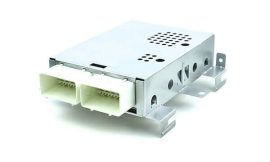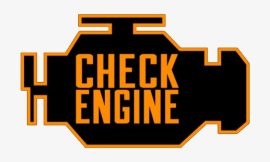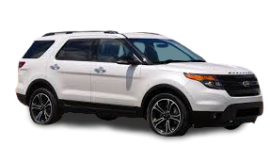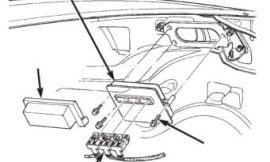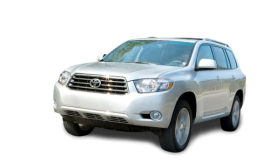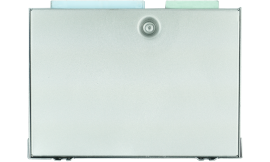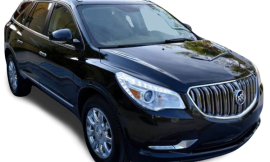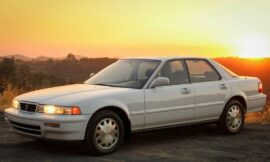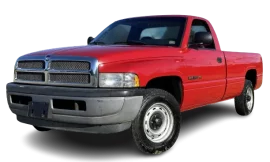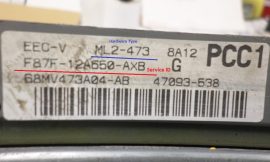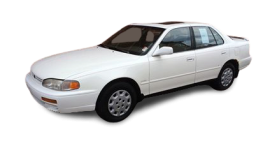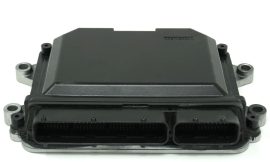Last updated on April 6th, 2022 at 12:22 am
The 1998 Ford explorer Model is one of the top-selling sport-utility on the market. With a comfortable interior, multiple trim levels, and three engine choices, you can find an Explorer for any budget and lifestyle. The redesign came with different upgrades to enhance the 1998 Ford Explorer model performance. This vehicle was equipped with safety technology that included wireless and automated control modules.
A change in the car computer programming, navigation system, roomy interior, leather-covered front and rear seats, and powered steering wheel were just some of the upgrade features. 1998 Ford Explorer models have 4-liter and 5-liter engines, which produce a torque of up to 215 horsepower. The Ford Explorer model came with automated and manual transmission systems, just like its competitor Dodge Durango.
Most Common 1998 Ford Explorer Problems
Like other SUVs, the Ford Explorer model’s vehicle history indicates some common car complaints reported by verified owners. Car buyers intending to sell their car and upgrade to this generation model can use this guide to have detailed information and model car values. The 1998 Ford Explorer received an extremely high amount of NHTSA complaints and users reports issues as listed below:
- Transmission Failure
Fast deceleration of the car, problems shifting, a blinking O/D light, and slipping gears are amongst the transmission failure symptoms. After a few miles of everyday driving, many car buyers reveal to have experienced a transmission issue with the Ford Explorer. Owners report that it requires higher RPMs than usual to shift the car from gear one to gear two, resulting in total failure.
One of the most common transmission issues of the 1998 Ford Explorer is low transmission fluid and can be detected by observing the transmission dipstick to see any debris or discoloring. If such problems are left unresolved, shifting gears becomes more difficult as the transmission starts wearing down. Other issues include difficulty in shifting gears and computer run transmission, which, when faulty, would lead to complications with the transfer.
The transmission slip usually happens while shifting into gears and clunks. The fall occurs while driving at a low speed or when accelerating, thus causing a loud cranking noise.
- Defective Plastic Intake Manifold
This problem is the worst vehicle complaint reported to the 1998 Ford Explorer model. This vehicle history indicates that the model generation’s plastic intake manifold becomes damaged, and this crack leads to a detrimental coolant leak. As well, this plastic intake manifold overheats, and the unnoticeable crack starts to appear. During a regular drive, coolant is likely to leak from the manifold front. As a result, both engine check light and a warning light appear on the car’s dashboard that indicate low engine coolant.
When they become overheated, this flaw is detected as an unusual vehicle idling. Sometimes it requires a regular oil change. There is no specific repair to this fault, and a complete replacement is necessary to the plastic intake manifold. The full maintenance to reduce this problem will come with an average cost. NHTSA complaints have facilitated to massive campaigns to enact Ford recalling on this issue.
- Rear Seat Problem
The Ford Explorers car drivers reported issues with broken rear seat belt buckle assemblies. The owners noted that the front seat did not recline properly, and the rear passenger side seat belt did not retract as expected. The back seat belt keeps twisting, causing the seat belt to get trapped inside the seat belt mechanism; thus, replacing it would result in some problems due to the design failure.
- Heater Core Leaking
The Ford Explorer models have a leaking heater core problem that requires you to take the vehicle to an expert mechanic who can diagnose the issue and replace it.
- Check Engine Light
The 1998 Ford Explorer car owners complain about the check engine light coming on and do not go off even after fixing it as it goes off for a short period and comes back again. After taking the car for inspection, the mechanic advised replacing the cam sensor. Faulty oxygen sensors and engine problems can result in this problem.
Conclusion
Despite Ford recalling some vehicles due to minor and severe issues, The Ford Explorer is not the worst vehicles. Owners find it to be good quality, reliable, and of high performance. Owners should visit expert mechanics while faced with the issues mentioned earlier to avoid more severe or life-threatening accidents.
As most problems are system-based issues, 1998 Ford Explorer model users may consider installing a safety technology to keep detecting and lower instances of worst vehicle problems. the 1998 Ford Explorer Engine Control Module is a safety technology to help vehicles from various flaws.
FAQs
- Is a 1998 Ford Explorer a good car?
The 1998 Ford Explorer is well known for its on-road and off-road prowess. It’s a mid-sized SUV with a smooth comfortable ride. This model is an all-weather road vehicle that is used as a family car and a sport-utility. The overall performance, exterior and interior design, safety technology, and consumers’ top reliability verdict are instances to rate this model generation as a good car.
- What problems do Ford Explorers have?
The Ford Explorer comes with numerous problems that are categorized differently, but the most common issues are transmission failure, exterior body problems, and transmission issues. The Ford Explorer has also reported transmission lunging, low engagement, and jolting.
- What is a 1998 Ford Explorer worth?
The cost ranges from $737 to $2,893, depending on the vehicle’s condition, mileage, and options.
- What’s wrong with the 1998 Ford Explorer?
The 1998 Ford Explorer problems include low gas mileage, bad brakes, underwhelming engine and expensive high trims




